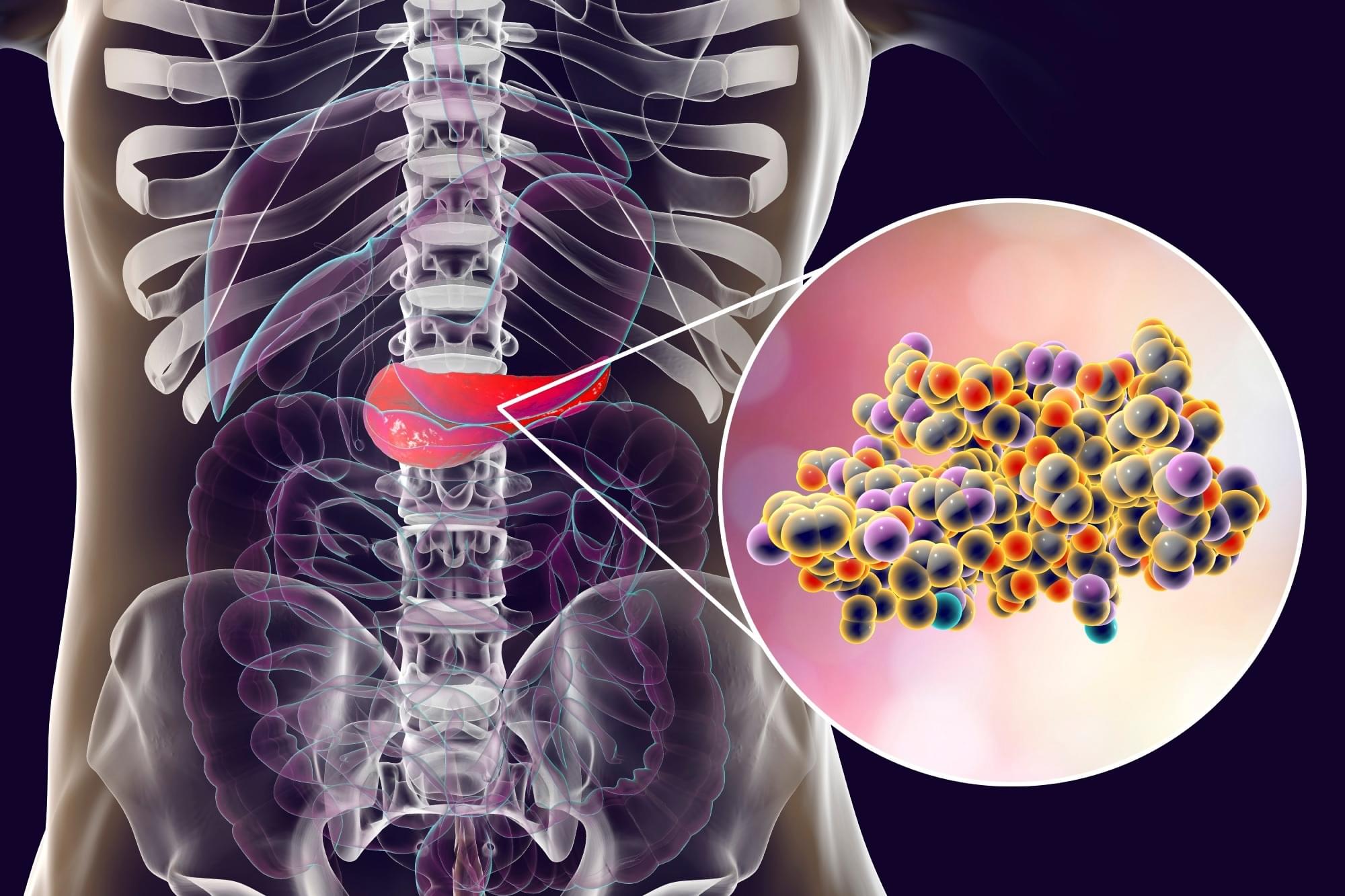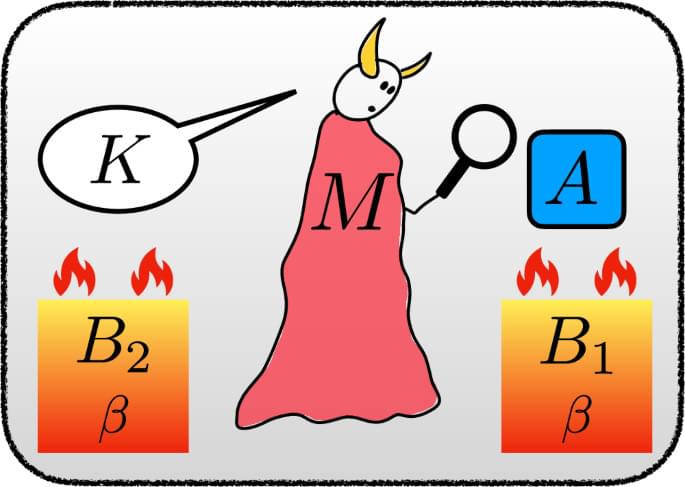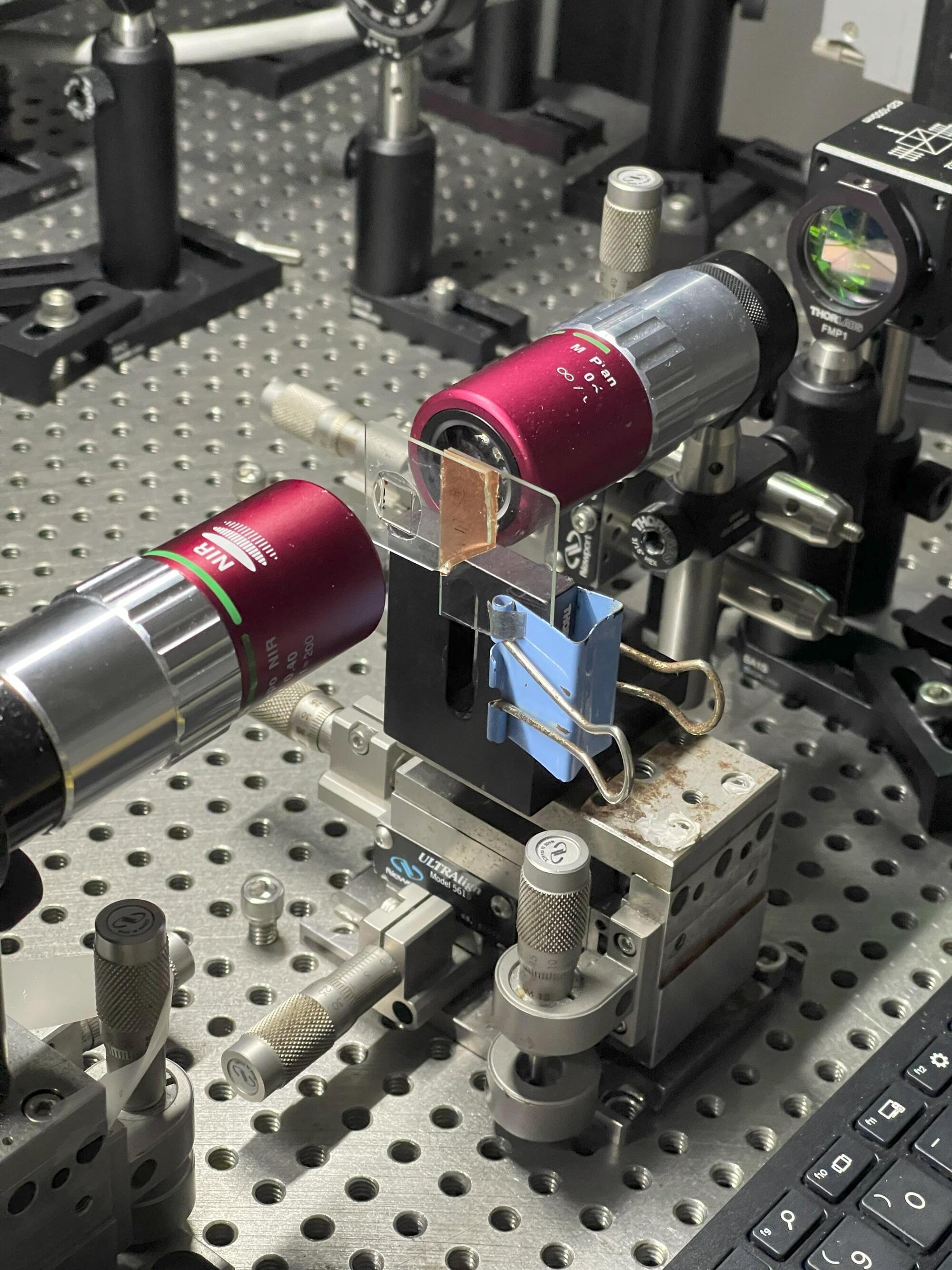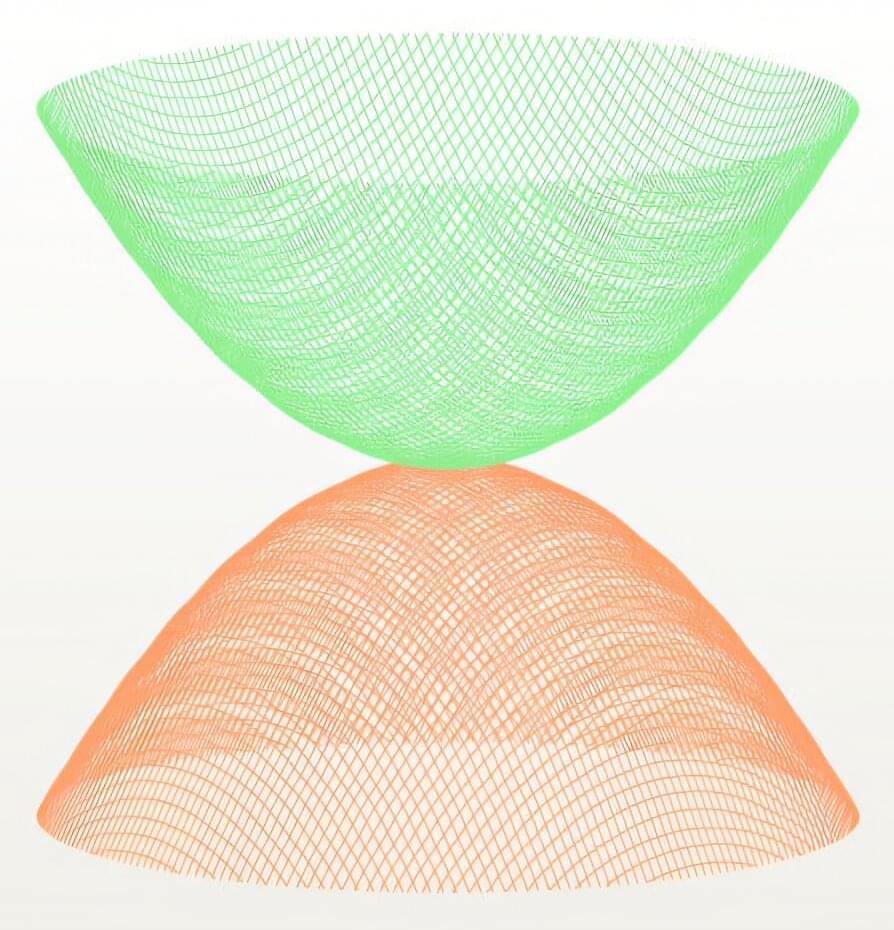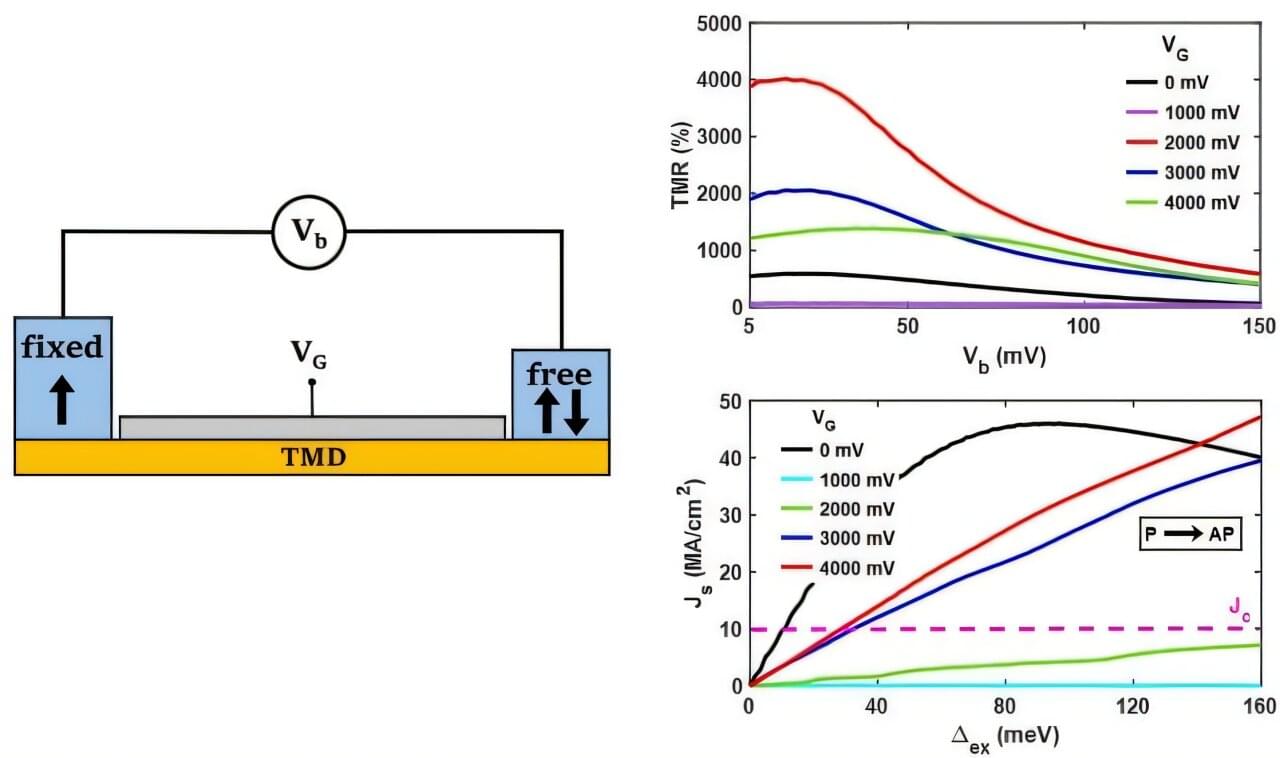A recent study published in Science investigates the underlying mechanisms of endothelial insulin resistance involved in obesity-associated diabetes.
What causes insulin resistance?
Diabetes is a chronic disease that occurs when the body cannot adequately produce or use insulin, a hormone that facilitates the transportation of glucose from the blood into cells for energy. The activation of insulin receptors, which are highly expressed on the luminal side of endothelial cells, induces endothelial nitric oxide (NO)-synthase (eNOS) activity. Subsequently, NO-mediated vasodilation allows insulin to reach metabolic target cells including adipocytes, skeletal muscle cells, and hepatocytes.
